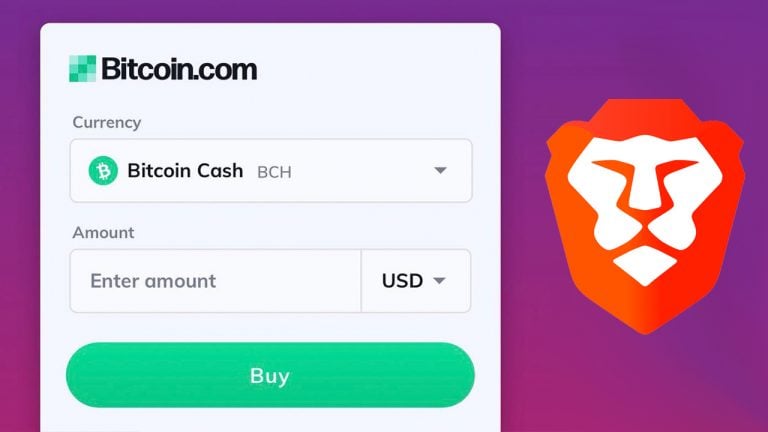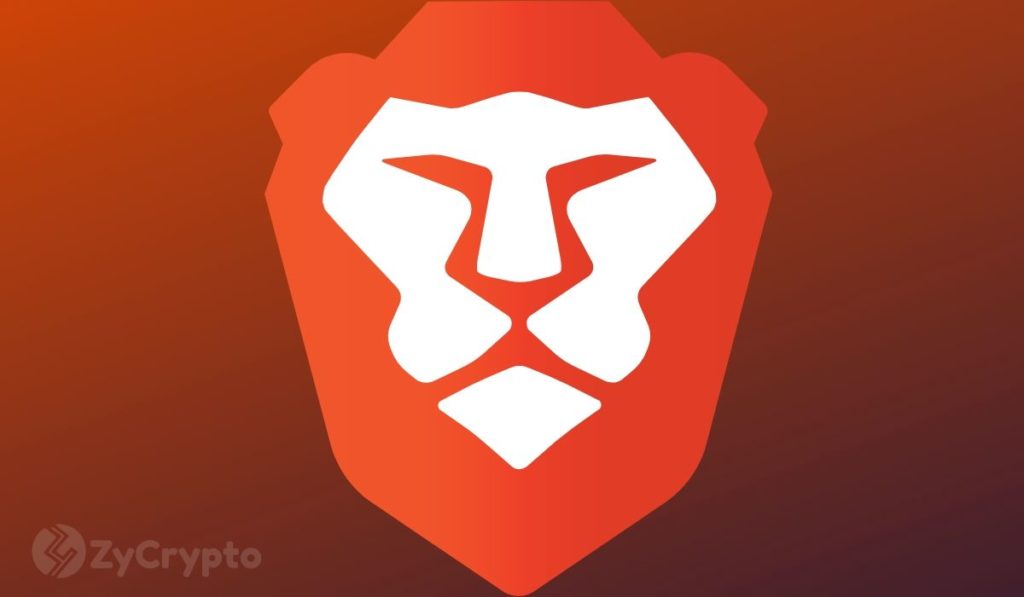2021-1-20 20:12 |
IPFS, a peer-to-peer protocol designed to make the Web faster, safer, and more open, has integrated into Brave, a privacy-oriented browser, reinventing the Web for users, publishers, and advertisers.
Incorporated into today’s Brave desktop browser update (version 1.19), Brave’s 24 million monthly active users can now access content directly from IPFS by resolving ipfs:// URIs via a gateway or installing a full IPFS node in one click. When installing a full node, this will allow Brave users to load content over IPFS’ p2p network, hosted on their own node.
Molly Mackinlay, Project Lead at IPFS said, “Bringing the benefits of the dWeb to Brave users, IPFS’ efforts to remove systemic data censorship by corporations and nation-states are now strengthened through the integration with Brave. Today, Web users across the world are unable to access restricted content, including, for example, parts of Wikipedia in Thailand, over 100,000 blocked websites in Turkey, and critical access to COVID-19 information in China. Now anyone with an internet connection can access this critical information through IPFS on the Brave browser.”
In a further aspect of the integration, projects building on IPFS such as app development platforms, Textile, and Fleek, will automatically enable anyone to deploy a website or dApp accessible on Brave.
Brian Bondy, CTO, and co-founder of Brave, said, “We’re thrilled to be the first browser to offer a native IPFS integration with today’s Brave desktop browser release. Providing Brave’s 1 million+ verified content creators with the power to seamlessly serve content to millions of new users across the globe via a new and secure protocol, IPFS gives users a solution to the problem of centralized servers creating a central point of failure for content access. IPFS’ innovative content addressing uses Content Identifiers (CIDs) to form an address based on the content itself as opposed to locating data based on the address of a server. Integrating the IPFS open-source network is a key milestone in making the Web more transparent, decentralized, and resilient.”
With a budding community of over four thousand IPFS contributors around the world, this is the initial implementation of IPFS on Brave. Striving to give users full control of their online experience, future collaborations will facilitate automatic redirects from DNSLink websites to the native IPFS version, the ability to “co-host” a website, features to easily publish to IPFS, and much more.
CryptoNinjas.net » Brave integrates IPFS to enable users to browse the decentralized web
origin »Bitcoin price in Telegram @btc_price_every_hour
Webcoin (WEB) на Currencies.ru
|
|































